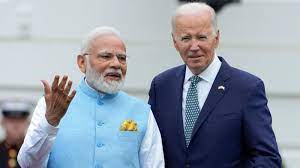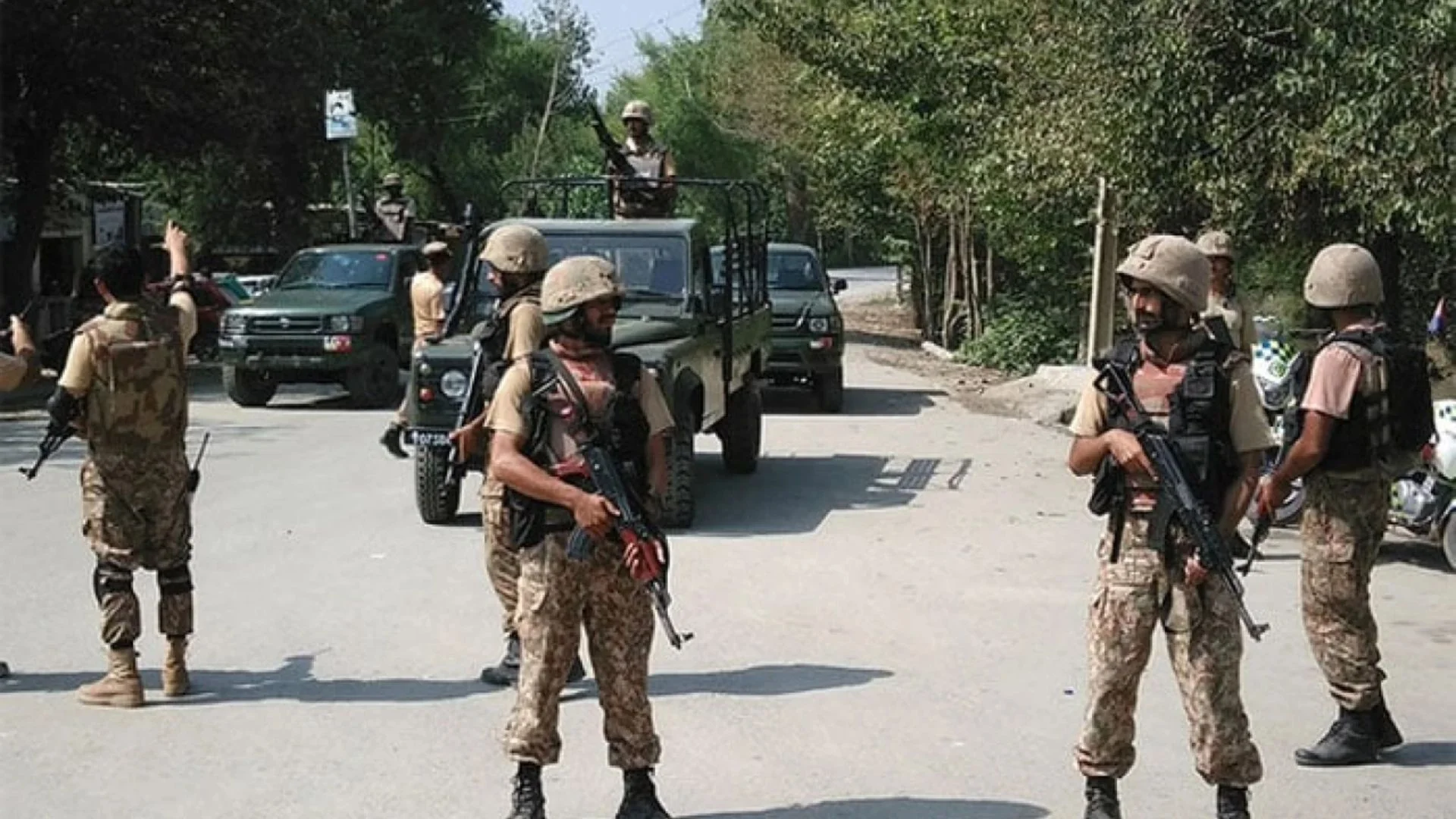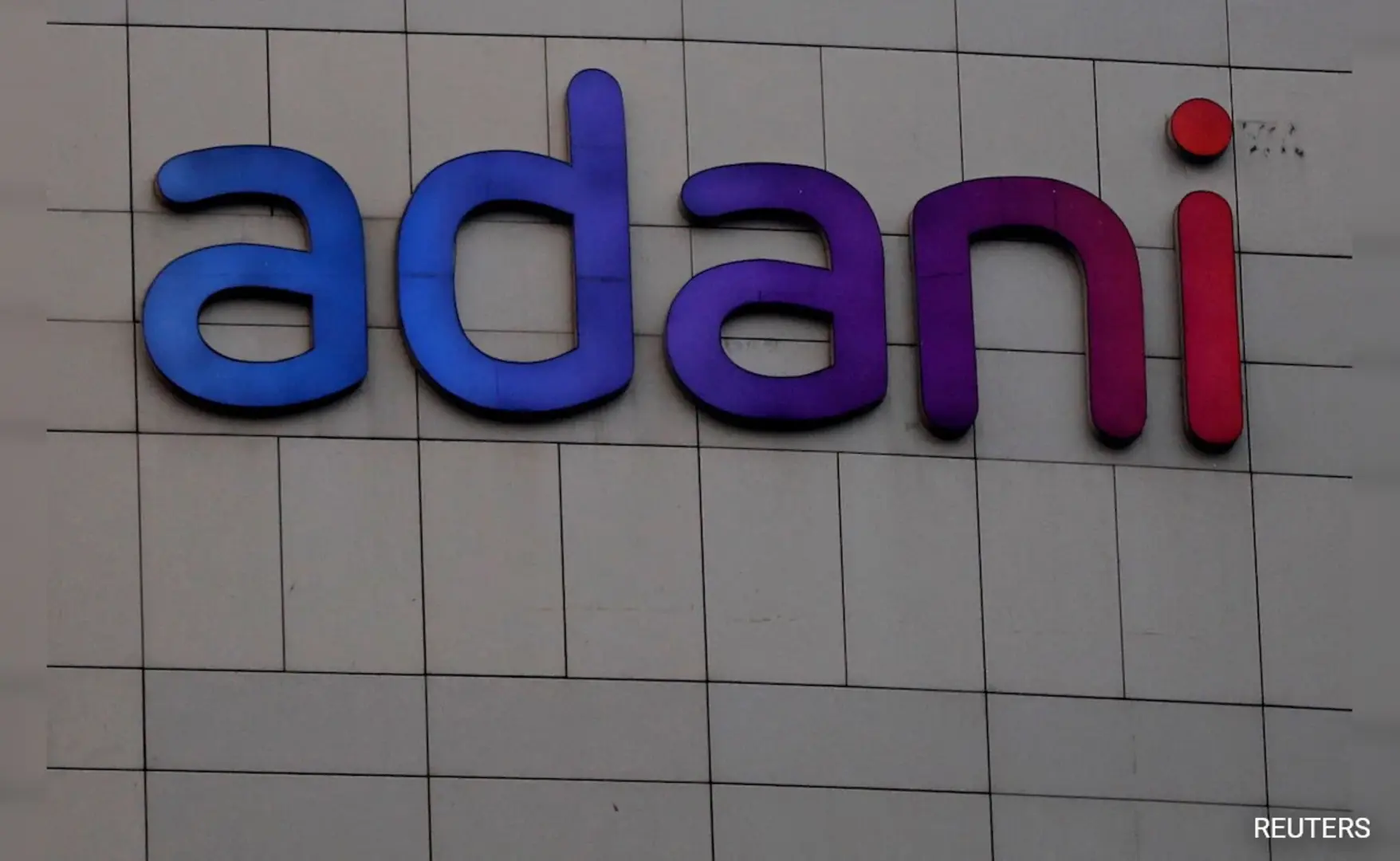
There is much talk on how the West is crumbling and how the alternative “universe” of non-western nations is the future. Yet, there are many reasons for Indians to still take note and make use of the various western strengths, including US ones. And thus, there remains a need for a robust and constructive relationship between America and India. This results from and rhymes with geopolitical inclusiveness, a hallmark of Prime Minister Narendra Modi’s philosophy and foreign policy shown in his recent and successful US visit and meeting with US President Joe Biden.
When it comes to GNP and incomes per capita, competitiveness, defence, the overall education system, social net and freedoms, the West is largely doing better than most. However, the US is not exceptional overall, but is still high ranked in most of these categories. Indeed, other western countries and increasingly a number of Asian countries deserve added attention to see what is working. The West can be an important offset against Chinese territorial expansion.
In university education, especially in research, the majority of the very top ranked universities are in the United States, though not all. India has pulled up its rankings with its Institutes of Technology and Management, but needs to be inspired by the best to do much better, including countries like Singapore and South Korea that were considered underdeveloped only some decades ago.
As per school scores by PISA measurements, worldwide standard testing evaluations, America ranks 22nd, not where it wants to be exactly, but still high. Some Asian countries legitimately score well like Japan, Singapore and South Korea. Western countries do not dominate this index in the top ten, but Canada, Finland and UK score high. If the future of a country is based significantly on education performance at the school level, parts of Asia look well primed. Yet, India is ranked 72th but only based on tests being taken in two states. A push to upscale the country’s quality of education following on the National Education Program provides the right stuff.
On freedoms, there largely remains more personal and individual freedoms in developed countries over developing ones and certainly over Russia and China. The freedom index by the Cato Institute shows this. However, this index’s methodology is put into question by rating India low. Both the EU Commission and the US president have praised India as a democracy.
That said, a useful test though to measure comparisons of where the West is as of now is to ask most refugees as to where they would prefer to go. The World Economic Forum found the US as the most preferred destination with Canada, UK and Germany scoring next along with Saudi Arabia. There is a reason why Guatemala refugees do not stop in Mexico permanently, but (wish to) head for the United States. Economic opportunity and knowing of better social conditions in the US are motivations to do so.
Now for the happiness index where the United States is ranked about 20th in the world. Not exceptional, but fairly high given that there are around two hundred countries in the world. India scores 85th position on it. But when social programs are not seen as such an important factor, but traditional and preventive health approaches are, India rises as the 13th happiest country accord to an IPSOS poll that also found 85% of urban Indians as being happy.
Certainly not desired is India’s 85th ranking for corruption, at least as perception by Transparency International, a west-based organization. Again, there is reason to see this index as overly distorted to western definitions. Note, though, that of the top least corrupt and happiest countries, the West, especially Scandinavian countries, do well. And incidentally have very advanced social programs, but I would add generally a reasonably strong work ethic. However, Prime Minister Narendra Modi has placed much time and effort in a campaign against corruption. Supportive of this, “Over the 5-year period, a significantly greater number of people surveyed from the middle and poorest classes in all parts of India claimed government corruption had dropped over time, and that they had fewer direct experiences with bribes.” (Wikipedia) In life expectancy age, America rates 46th in the world, clearly far from the top. But just about all top 20 countries in this ranking are from developed countries and would term themselves as democracies. It also appears that the life expectancy is decreasing in the US. And whether coincidental or not, the opioid crisis is well recognized by both major political parties in the US.
According to statistics from sites like World Population Review, the US, though, is far from having the worst crime rates. But it has the highest homicides rates. This could be possibly due to mass shootings. Positively, crime rates seem to be going down in the last 25 years in that nation and most western ones partly due to aging. So my view is the increased number of refugees from Mexico is not impacting that trend to any significant degree for the country, overall. In fact, most refugees are highly motivated to integrate economically and succeed.
The West, as well as some limited number of Asian countries and regions, seem exceptional. But this can be a loaded word that implies for some chauvinism by the West and by the US, in particular. Many love their homes be it even in suffering parts of Africa or elsewhere, whatever the metrics state. Being in their own culture, they are making the best of it, including being around family is well above simply the numbers examined here.
The future is not purely defined by what is now. Way down in GNP ranking years ago, India has now surpassed the UK that once colonized it. Both India and the West need to remember that the promise of tomorrow seems more based in Asia than the West. But that does not mean that any country should sink deeply into nativism and cannot learn from others, especially democracies that still offer a lead in many ways. Thus the positive connections New Delhi is making with the West and the US particularly, have their definite upsides.
Peter Dash is an educator and former Associate at Harvard University.















